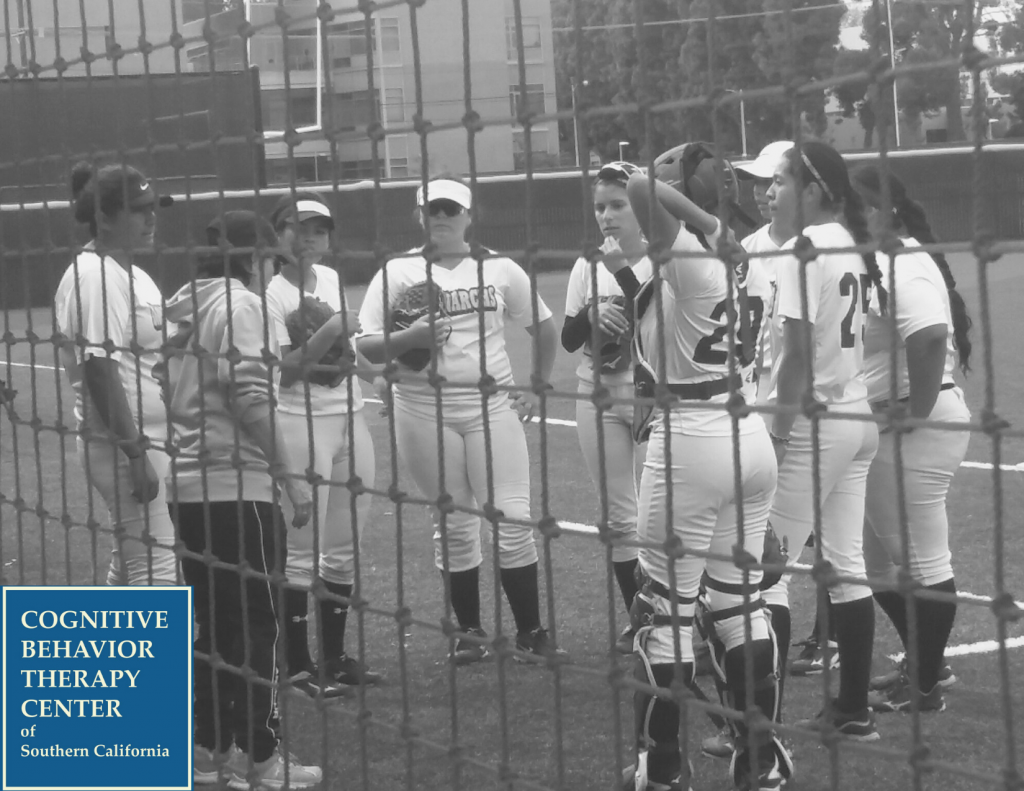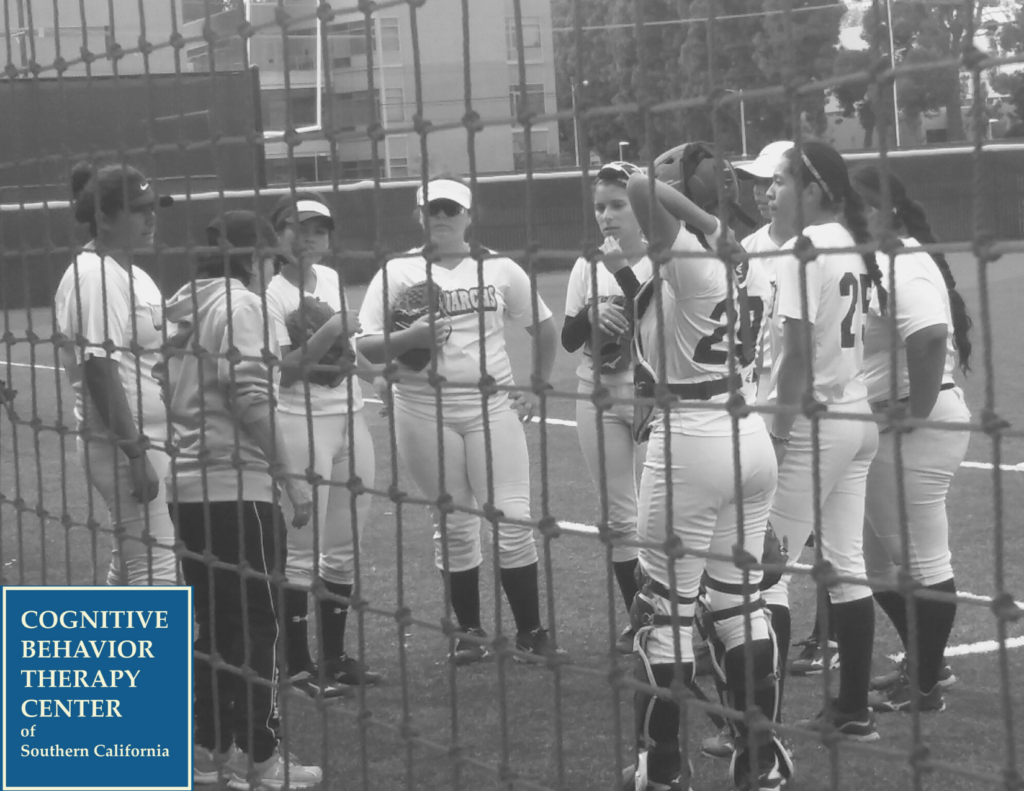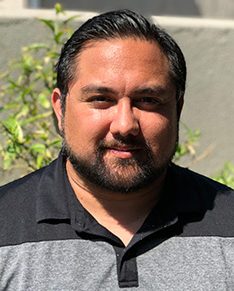Sport Psychology Case Study: A women’s community college softball team in Los Angeles. Part 1


Student-athletes choose to compete in sport at the community-college-level for a variety of reasons. Some athletes spend time at a community college to improve their GPA in order to transfer to 4-year university. However, other athletes might join a community college team with the intention of extending their athletic career for two more years before retiring from competition. Community college athletes are often dedicated, resilient athletes faced with obstacles on and off the field. Years ago, I had the privilege of providing sport psychology services to a Los Angeles women’s community college softball team. Below, I will discuss the team and the work that we did together.
Let’s meet the team
From the time the team started practicing in the summer, there was division among the players. About half of the players were experienced and skilled softball players whereas the other half had little to no experience in competitive softball. This discrepancy in experience and ability, combined with personality issues, led to constant team conflict. Before the season started half of the team quit, leaving the team to be comprised of mostly players with very little athletic experience. Throughout the season they were able to maintain a roster of only 9 healthy players. The head coach aggressively recruited any willing player to the team. However, each time she recruited a new player, the team would lose a player due to injury. The team consisted of players who struggled financially, faced significant life adversity, family issues, and mental health issues, who remained on the team out of a sense of loyalty to each other and their coach. They went on to have a physically and emotionally challenging season, losing 30 games before winning the final game of their season.
What was the game plan?
This was my 2nd year working with this softball team and I was familiar with the challenges faced by the coach and the remaining players. Therefore, I developed a sport psychology game plan consisting of 5 components. First, the team was taught the growth mindset, a re-conceptualization of success from being based on outcomes to one based on effort and learning. Second, players engaged in initiative games to build team cohesion and allow players to practice performing under pressure in a psychologically safe environment. Third, players were taught mental skills to help them perform under pressure. Fourth, crisis counseling, consultations, and referrals were provided to coaches and players. Fifth, supplementary services, such as weekly emails containing sport psychology videos, game photos, and infographics were provided to the team.
In part 2 of the series, I will discuss each of the components of the game plan and how I helped the team develop a growth mindset. If you are interested in learning more about if sport psychology, conducted online, would helpful for you then schedule a free phone or video consultation.

Dr. Jason von Stietz specializes in Cognitive Behavior Therapy and Sport/Performance Psychology in Torrance, CA. He provides online therapy (telehealth) by way of the Torrance office and is available for a free initial phone consultation. Dr. von Stietz works with individuals from Long Beach, the greater Los Angeles area, and the South Bay including Palos Verdes, Redondo Beach, Hermosa Beach, Manhattan Beach, El Segundo and all over California.




